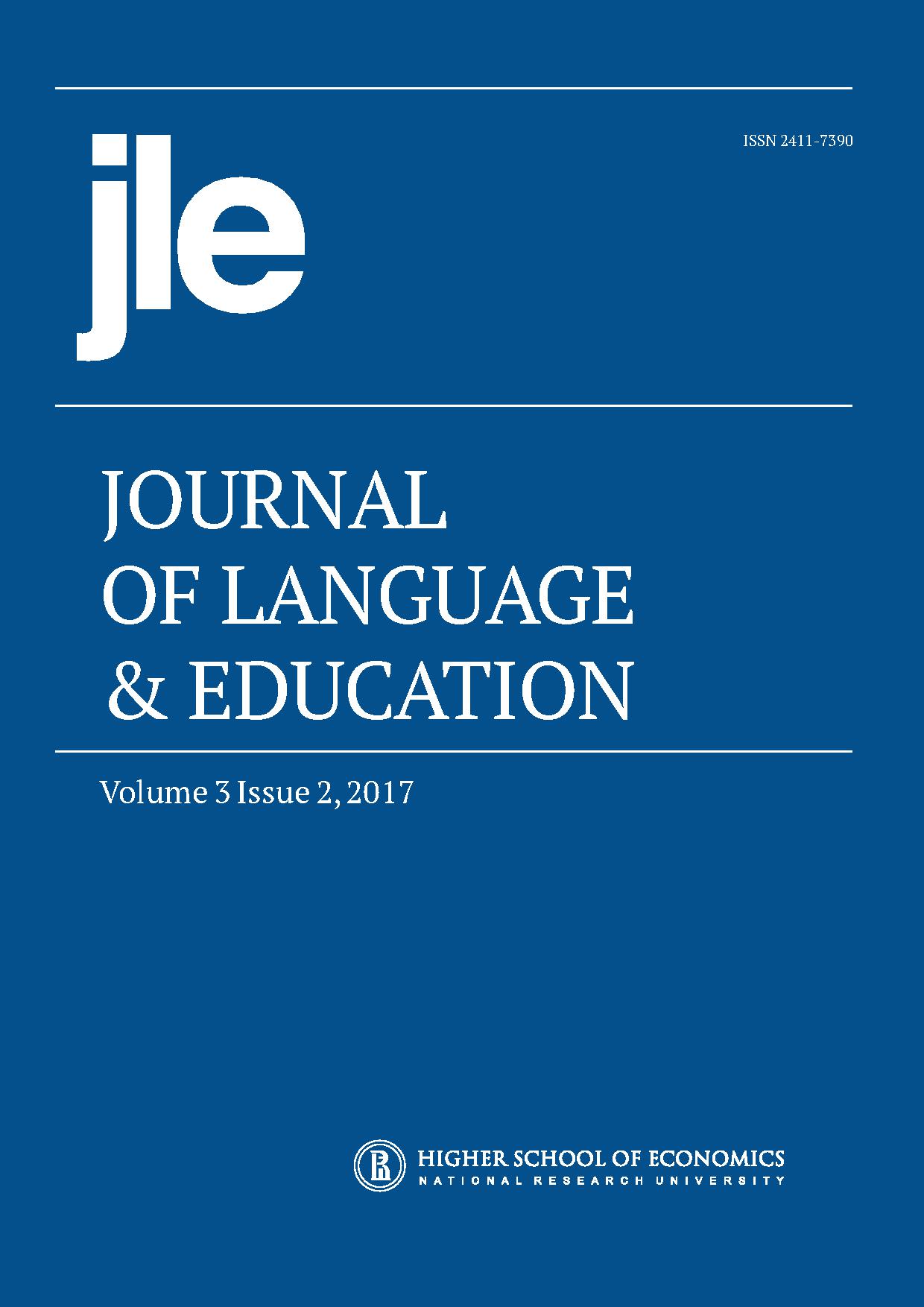More on the Categorial Status of (T)àbí in Yorùbá Grammar
Keywords:
Yorùbá, conjunction, polar question word, t(àbí)
Abstract
Yorùbá language is one of the major languages spoken in Nigeria. The term is also used to refer to the language and the native speakers. As shown in Oyetade, Yorùbá language is spoken in six states that constitute the southwest of Nigeria – Lagos, Ọ̀yọ́, Ọ̀ṣun, Ògùn, Òndó, and Èkìtì. This study investigated the Standard Yorùbá used in the Southwest Nigeria by focusing on the conjunction t(àbí). Findings reveal that there are varieties of Yorùbá language based on the location of the speakers and the state they occupy in Nigeria: Ọ̀yọ́ dialect, Ègbá dialect, Èkìtí dialect, Òndó dialect and Ọ̀wọ̀ dialect to mention a few. Previous scholarly works on Yorùbá grammar show that (t)àbí performs two functions and it is ascribed with two nomenclatures namely conjunction and polar question word. However, this present paper provides another view that is different from the views of the earlier scholars. Findings in this study reveal that t(àbí) is a conjunction in all its positions of occurrence and the researcher argues against its use as a polar question word. It is established in this study among other things that its occurrence at sentence initial position is as a result of ellipsis. The study also maintains that where it appears at sentence medial position, the polar question word has been deleted.Downloads
Download data is not yet available.
Published
2017-06-30
How to Cite
Jelili AdewaleA. (2017). More on the Categorial Status of (T)àbí in Yorùbá Grammar. Journal of Language and Education, 3(2), 6-13. https://doi.org/10.17323/2411-7390-2017-3-2-6-13
Section
Research Papers
Authors who publish with this journal agree to the Copyright Notice.






